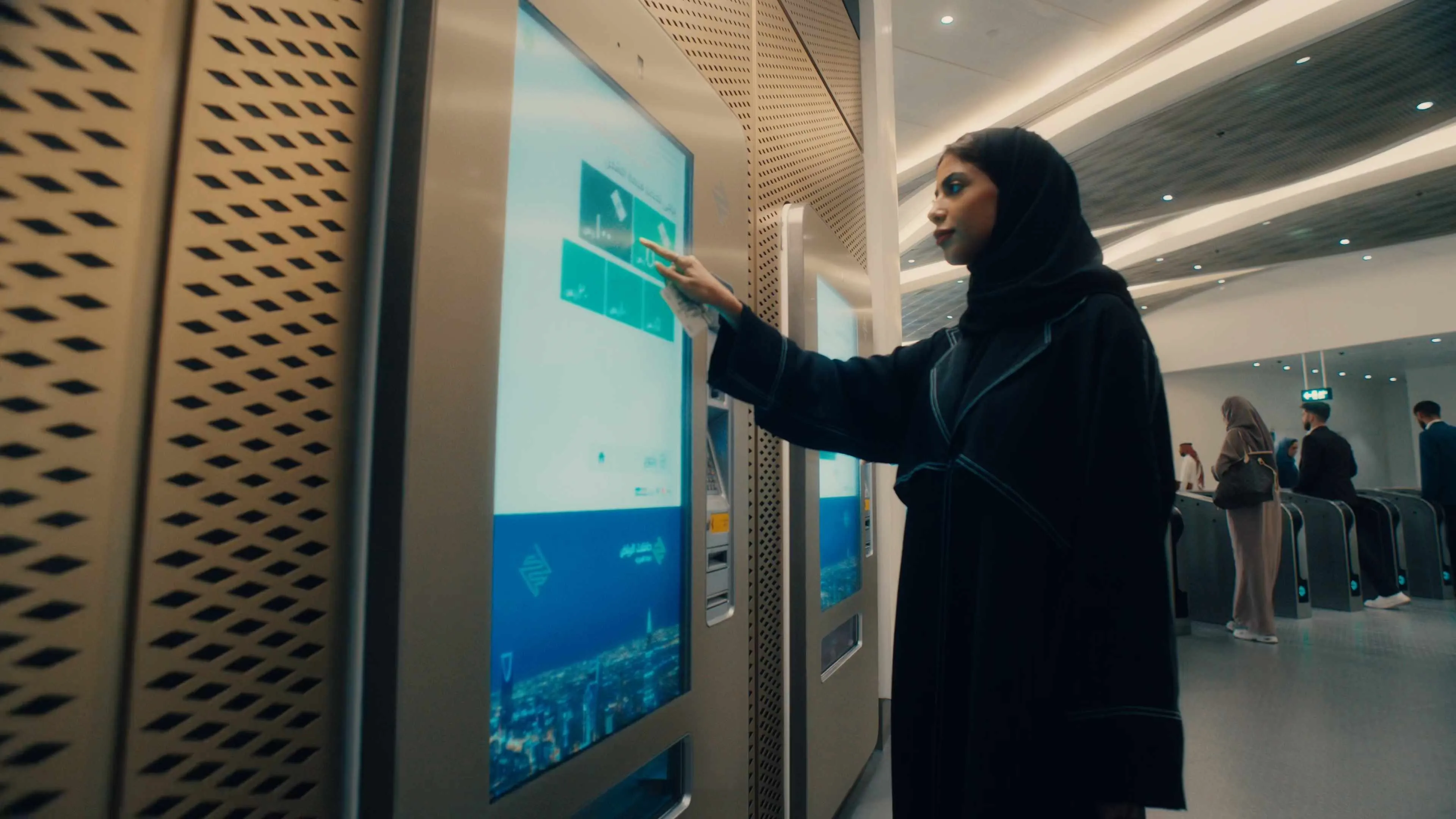The base contract and additional options has been approved by the MTA’s board and is subject contract finalization.
Customers will be able to create personalised transit accounts to see ride history, check balances, add value as well as report lost or stolen cards to protect their funds. They will also have the option of using payment media such as credit and debit cards and mobile devices at the bus or turnstile, instead of purchasing and adding value to a separate fare card, offering them a retail payment experience to transit. For customers without a bank card or who prefer not to use one, a contactless card option will still be available with the same account management convenience features. Mobile phones can also be used like ticket vending machines to check account balances and recharge fare accounts anywhere which aims to provide customers with greater convenience and shorter lines.
Cubic will handle the design, integration, supply and implementation of the new system; associated services for platform hosting, hardware and software maintenance; and transition services including supplemental call centre support. Equipment will include fare validators and new configurable ticket vending machines in the MTA’s 472 subway stations and 6,000 buses. The contract includes an option to support LIRR and MNRR with the purchase of additional validation and vending equipment.
Statewide partners of Cubic will provide manufacturing, call centre and marketing services to the MTA. TfL and Mastercard are also partners in the contract.
“Cubic helped revolutionize fare payment with the MetroCard’s introduction in 1992 and we are honored to play an important role in the future of mobility in New York,” said Matt Cole, president of CTS. “Cubic’s solution not only provides customers with a better and faster way to pay for transit, but also creates expanded economic opportunity for New Yorkers and job creation across the state through the involvement of minority and women-owned enterprises to help implement the new system.”
Cubic wins contract from MTA to replace MetroCard with new fare payment system
Cubic Transportation Systems (CTS) has been chosen for a contract valued, $539.5 million (£409.4 million) with additional options worth $33.9 million (£25.7 million), by the New York Metropolitan Transportation Authority (MTA) to replace the MetroCard with a fare payment system similar to Transport for London (TfL). The new system is designed with the intention of providing an enhanced and integrated travel experience across the region including seamless access to Long Island Rail Road (LIRR) and Metro-Nort
October 27, 2017
Read time: 3 mins







